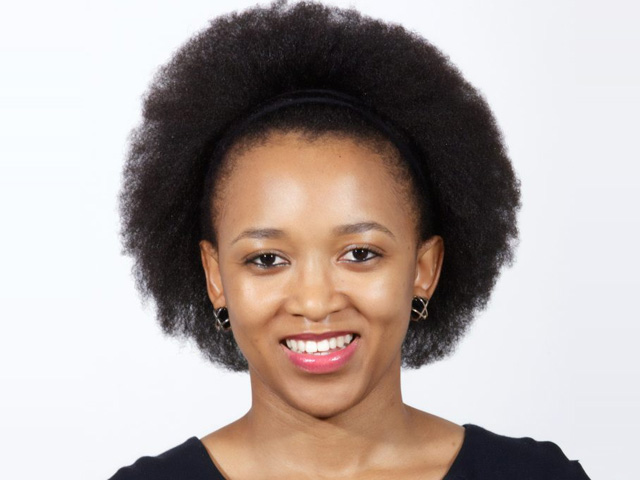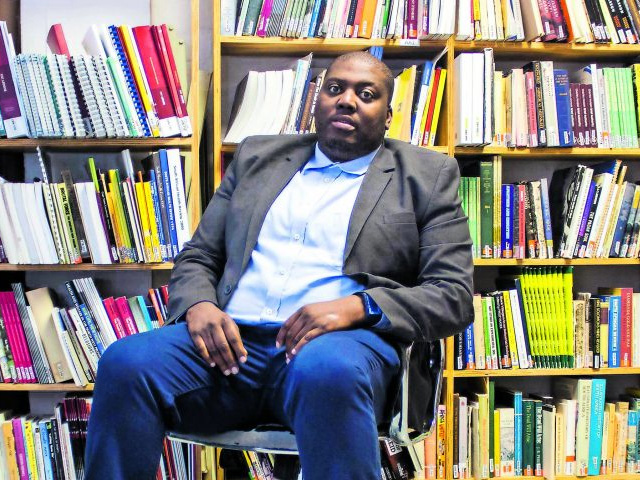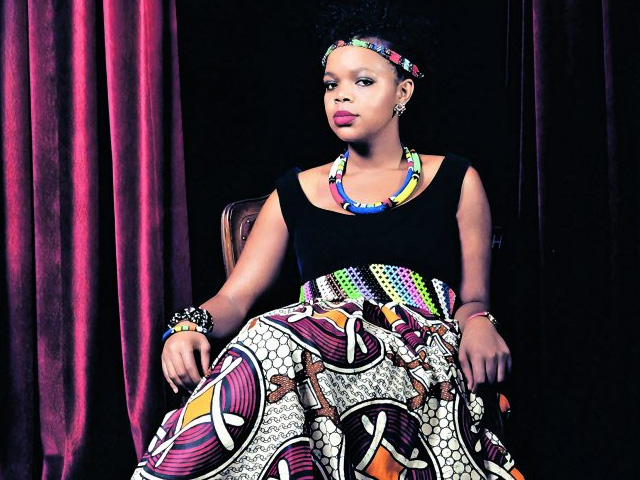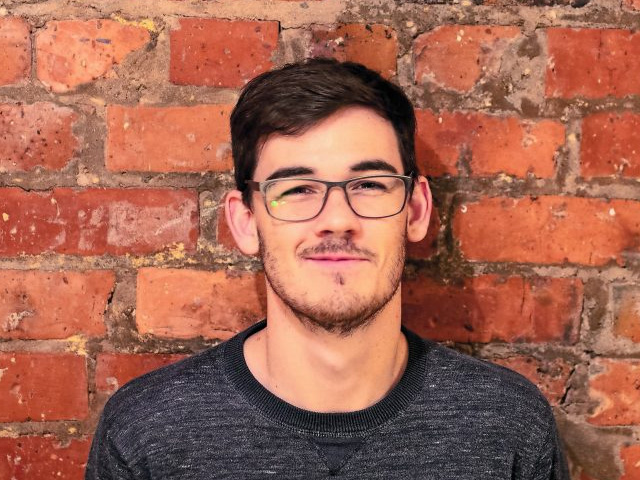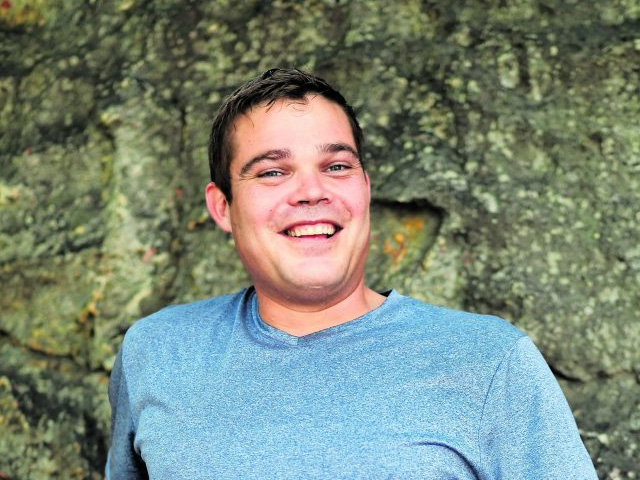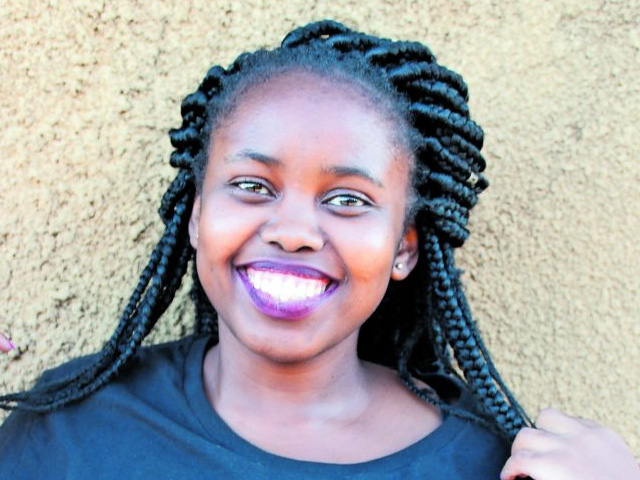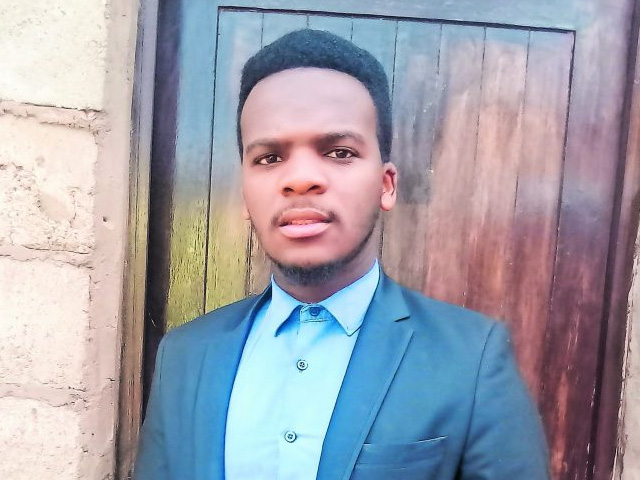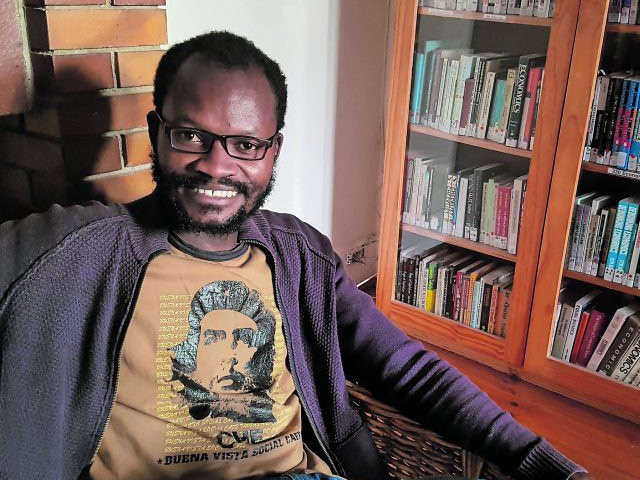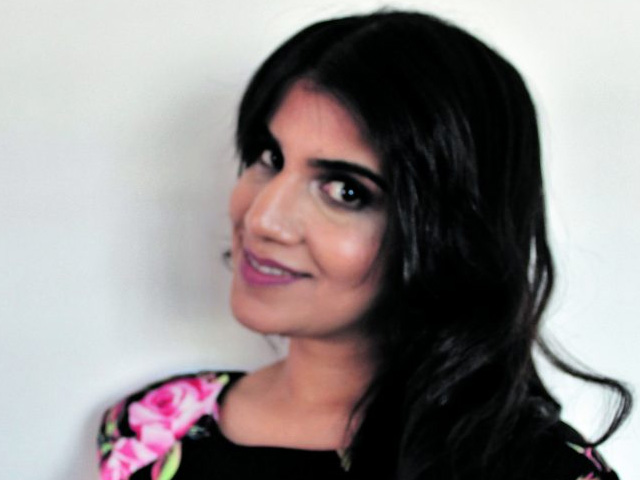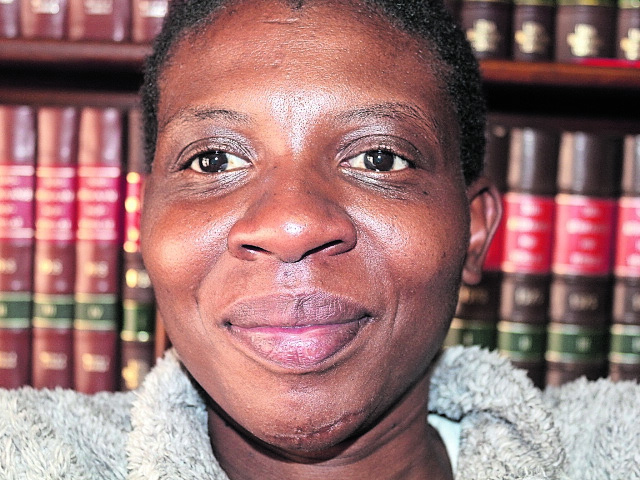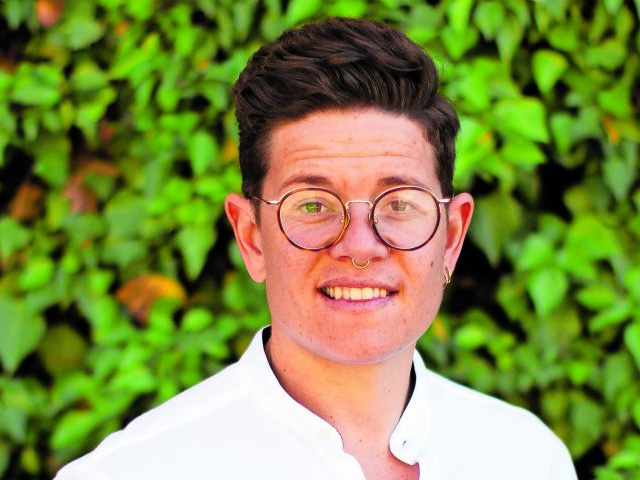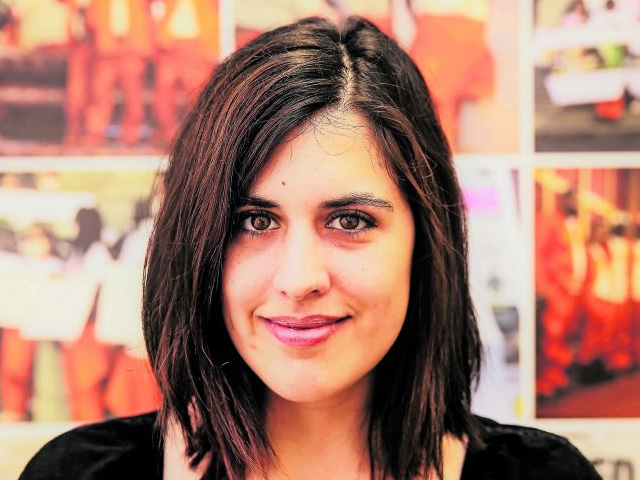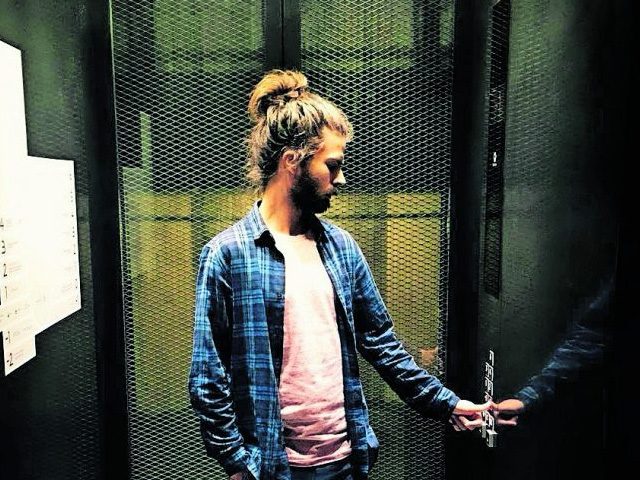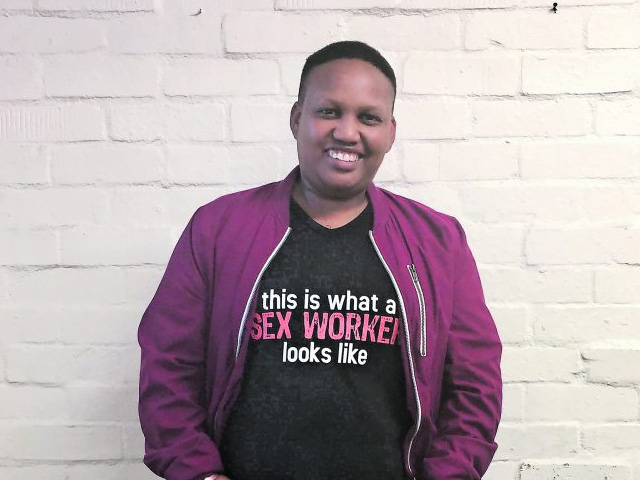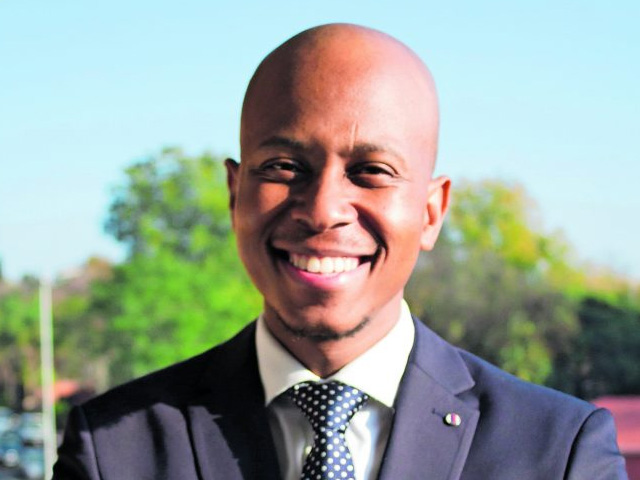A second-year microeconomics course sparked senior economist Pamela Mondliwa’s interest in economics. Today she works as a senior economist at the Centre for Competition, Regulation and Economic Development (CCRED) at the University of Johannesburg and is a member of premier David Makhura’s Economic Advisory Panel.
“Economics provides a lens to reflect on the world and understand the different incentives that drive various outcomes,” she says, “It is an important tool that can be used to drive policies that will result in better outcomes.”
Between 2009 and 2013 Mondliwa worked as an economist for the Competition Commission in its policy and research division. She dealt with complex mergers, cartels and abuse of dominance cases.
Competition authorities guard against firms colluding or abusing their market positions to charge prices above competitive levels and/or engage in conduct that excludes rivals. This impacts the ordinary person on the ground, as anti-competitive conduct can lead to high prices for consumers, less choice and poorer products and services.
“I love this work because the authorities are working to level the playing field,” she says. Besides this, Mondliwa was also part of the team that designed the “Fast Track Settlement Programme” which led to the commission settling the construction cartel cases, including the bid-rigging of the 2010 world cup stadia.
Mondliwa is committed to a restructuring of the economy to allow for economic transformation and creating an inclusive economic system. Competition policy is a critical part of efforts to change the structure of the economy.
Addressing entrenched economic power and creating opportunities in the face of barriers to entry requires a much wider package of measures. Her research for the CCRED is about understanding these measures.
Mondliwa is currently focusing on questions related to South Africa’s structural change and industrial development. South Africa has de-industrialised prematurely and this poses a number of challenges for creating employment and increasing incomes. She hopes to continue to contribute to the discussions on what it will take to re-industrialise so the economy can be more inclusive. Over time she would like to transition to implementation of interventions that can bring about change for the economy.
“I have always been driven to make a difference,” Mondliwa says. “My journey is evidence that opportunities can change one’s path, and I would like to contribute to ensuring that opportunities are available to all South Africans.” — Shaazia Ebrahim
